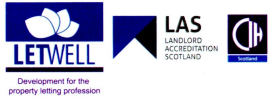Cast your mind back to 2022, and you might remember a loud fanfare over levelling up the UK’s rental homes as part of the Government’s target to reach net zero by 2050.
Back then, the rhetoric was that all tenancies created from the end of 2025 would need to meet higher energy-efficiency standards, with any existing tenancies given until 2028 to catch up.


